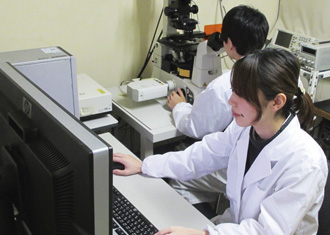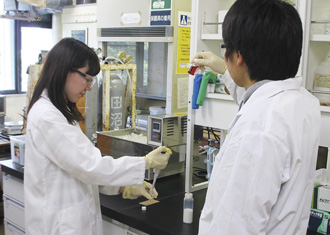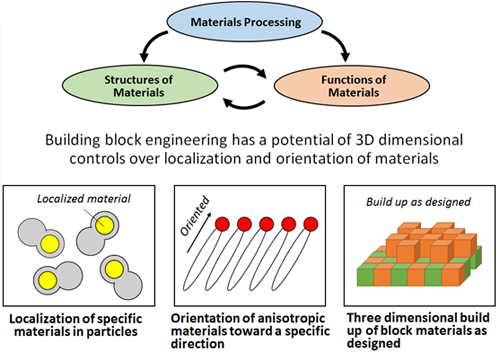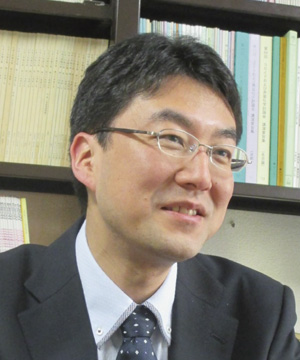Material Processing
Finding new material processing with building blocks to three-dimensionally control distribution of materials in a mesoscopic scale


Properties of composite materials are generally dominated by the properties of components (subunits) of the composite material, depending on their species and sizes. It is expected that materials composed of substances with different properties have a potential of exhibiting novel functions. However, in most cases, simple mixing of different substances leads to composite materials with unexpected functions or unavailable properties. Therefore, we need practical materials processing to effectively induce each property of substances without losing their original properties or to enhance the original properties.
We focus on monodisperse particles with precisely controlled sizes, shapes and chemical compositions. In our strategy, the monodisperse particles with sizes are regarded as building blocks to be assembled for novel functional materials. Sizes of the monodisperse particle are mainly in a range of several nanometers to several hundred nanometers because it is included in mesoscopic region between two size ranges targeted by bottom-up and top-down approaches. We have advantageous wet-chemical processing techniques to prepare such monodisperse particles in the mesoscopic scale.
In addition to the preparation of the monodisperse particles, assembling processes of the monodisperse particles are studied in our lab to create novel functional materials. Applications or electric and/or magnetic field to suspension of the monodisperse particles are also explored to find new assembled structures of the particles. The assembling process for the monodisperse particles can be a powerful approach to selectively arrange the building blocks as design for advanced functional materials.

Main Research Themes
- Development of wet chemical processes to prepare monodisperse particles
- Studies on formation mechanism of monodisperse particles in solution
- Development of assembling process for monodisperse particles
- Studies on novel functions from the particle assemblies
- Development of fabrication processes for nanocomposite thin films

Professor of Chemical Engineering at the Graduate School of Engineering
Doctor of Engineering
Daisuke Nagao
Graduated from Miyagiken Sendai Daini High School. Completed a doctorate at Department of Chemical Engineering, Graduate school of Engineering, Tohoku University. “At first most students start their researches under some supervision by laboratory staffs. After a while students who tend to be interested in their own researches try to do their experiments beyond the supervisions. In such experiments something unexpected commonly happens, which sometimes leads to new scientific or technological findings. An ability that researches should own is to fit themselves to the specific field that they are really interested.

